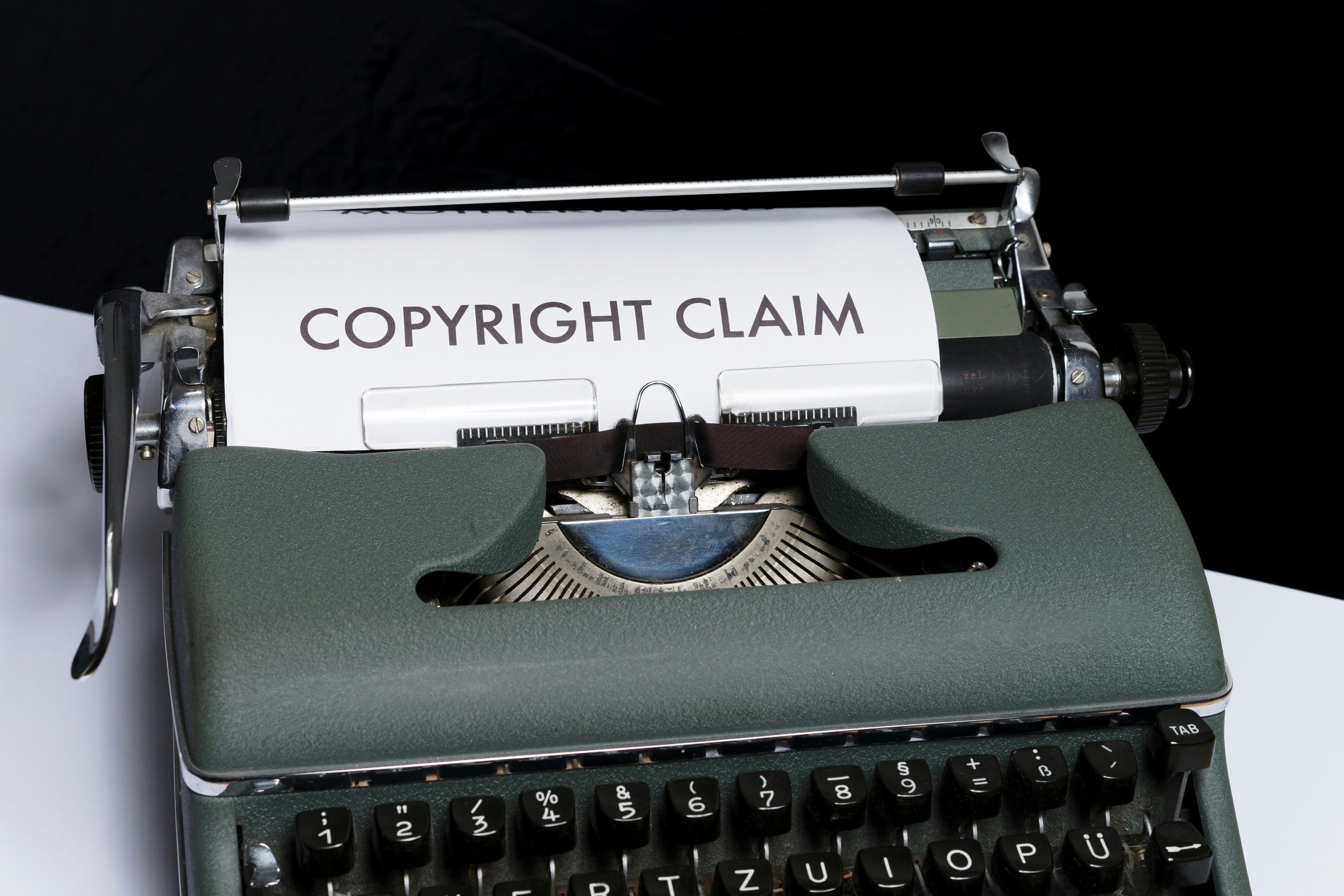Details
Standard corporate business expense reimbursement policy. A business expense policy is the Company’s policy to reimburse employees for all expenses necessary, reasonable, appropriate and allowable for a valid business purpose to conduct the business of the Company.
BUSINESS EXPENSE POLICY
A. GENERAL PURPOSE AND POLICY
This Policy is intended to aid the business and management by setting forth guidelines and reporting requirements related to (the “Company”). It aims to:
a) Clarify the types of expenditures that are reimbursable by the Company.
b) Inform employees of their responsibilities relating to travel and entertainment.
c) Set out the process for filing and obtaining expenses and reimbursement.
It is the Company’s policy to reimburse employees for all expenses necessary, reasonable, appropriate and allowable for a valid business purpose to conduct the business of the Company. The policy provides criteria for determining an allowable or unallowable expense, and provides lists of common expenses. All employees bear responsibility for cost-effective business expenses. Further, it is the responsibility of the manager to be familiar with the reason for the expenditures and to be satisfied that they have been reported in a manner consistent with the policy. Non-adherence to the policy include stringent disciplinary action which may even lead to termination.
While these guidelines are intended to be comprehensive, it is impossible to anticipate every situation encountered by an employee. The Employee is expected to:
a) Apply the policy on a conservative basis, carefully and judiciously.
b) Exercise sound judgment, in particular where the policy is silent.
c) Report all expenses promptly and accurately and provide documentation in support of the same.
The Company will not provide reimbursement for funds or non-monetary benefits provided to any third party if there is a high likelihood that any part of the payment or benefit was provided for improper purposes or to gain improper influence or advantage in violation of any applicable laws.
B. CRITERIA FOR DETERMINING AN ALLOWABLE EXPENSE
In order to be paid directly by the Company or reimbursed to an individual, a business expense must be:
- Necessary to perform a valid business purpose fulfilling the mission of the Company; and
- Reasonable in that the expense is not extreme or excessive, and reflects a prudent decision to incur the expense; and
- Appropriate in that the expense is suitable and fitting in the context of the valid business purpose; and
- Allowable according to the terms of any tax regulation, sponsored contract, or Company policy.
C. ALLOWABLE EXPENSES
The list below highlights commonly allowable expenses, but is not intended to identify every allowable business expense:
1. Advertisements
Recruiting employees, acquiring goods and services, and disposing of surplus equipment are examples of ads that are appropriate for advancing the interests of the Company.
2. Appliances in common areas
These are allowable if they are available to all in the department and do not require special installation conditions.
3. Awards
a. Employee groups: It is occasionally permitted to provide modest awards (e.g. shirts, cups, caps) to members of a working group to recognize membership in a team effort and to encourage camaraderie among team members.
b. Employee achievement: The items awarded must be of nominal value and consistent with the contribution that the award is intended to recognize. Such programs must be approved in advance by the manager.
4. Transport
a. Air Transportation: Please refer to our travel policy.
b. Public Transportation: The cost of necessary public transportation to attend business functions /meetings is reimbursable and does not require a receipt. Since this is usually the least expensive, it is to be considered first.
c. Taxi: This is the preferred ground transportation method to and from the airport. For other destinations, costs must be considered when choosing this method of travel. Generally, the use of a taxi is not encouraged as other services which are more economical are available. When taxis are used, they should be shared to the maximum extent possible by employees travelling together on Company business. A receipt for the fare charged must be obtained by the taxi driver.
d. Limousine / Town Car: Under special circumstances, employees and/or officers will be granted permission to travel in a luxury limousine or town car. Approval for such transportation must be in writing directly from the manager.
e. Rental Car: Rental car may be selected when the mileage is prohibitive and will increase the cost of a taxi beyond that of a rental car. Since rental cars are charged by the day and sometimes also by the mile, the car may be rented the night before or returned the morning after the completion of the trip if it does not exceed the term of the rental. A receipt must accompany all requests for reimbursement.
5. Cash Advances
Cash advances are available on rare occasions where an employee’s Company credit card is not accepted. Cash advances require prior approval from the Employee’s manager. Any excess of advanced funds over expenses must be remitted promptly with the expense report. Delinquent notices will be sent on advances that have not cleared within thirty (30) days from the issue date. You may not request any further advance if you currently have an advance outstanding that has not been resolved.
6. Phone Policy
Where Company mobile devices are issued, they should be used only for Company business. Phone bills relating to business communications are reimbursable.
7. Office Supplies
Reasonable purchases of office supplies, e.g. pens, paper or notebooks, while not in the office which are necessary to conduct the Company business will be considered reimbursable. All other office supplies should be obtained via order sheets and catalogues provided. Purchases of workspace equipment, i.e. desk lamps, chairs or wall clocks, on the Company credit cards are not allowed.
8. Medical Emergency
In case of any medical emergency while at work or travelling for business purposes the Company insurance carrier will provide referral and support services.
9. Computing and communications
a. Internet Service Connection to Home Offices: These lines are as common as telephones today and as a rule should be considered a personal expense.
b. Internet Service Connection outside of Office and Home: This is reimbursable only if there is a business need and it is not impracticable to use mobile devices as a personal hotspot.
10. Conferences and Meetings hosted by the Company
Expenses for food and beverages provided during a Company-hosted conference or meeting are allowable when associated with business activities. The cost should be reasonable, based on the number of people attending. Request for payment for such meetings should include the names of participants and their functional titles or affiliation (individual or group).
11. Food - Business meeting meals, office social events
a. If schedules require that meetings be held over a mealtime, the cost of the meal is an allowable expense.
b. The primary beneficiary of expenditures for food and entertainment should be the Company. (If the food/entertainment is used as a reward or morale booster, these situations must be nonrepetitive in nature.)
c. The Company defines a reimbursable business meal as a meal consumed by an employee and other invited attendees when the Company related business is discussed during the meal. A business meal can also be defined as any meal consumed by the Employee while the Employee is travelling on Company business. The Employee should normally select restaurants that are reasonably priced for the locality and which are consistent with normal living standards. Receipts must be attached for all meals purchased while on business.
d. Business-related meals for customers or with other employees must be described as follows: date,amount, place and explanation of nature of business. A list of names of those entertained must be included. A receipt is required for all entertainment expenses regardless of the amount. Business conferences over meals may be reimbursed with proper approval. Wine and bar tabs are reimbursable only if they are associated with a business meeting and are not excessive. Entertaining other employees, unless for stated business purpose, is not a reimbursable expense.
e. As a rule, spouse/partner meals are not reimbursable. In all cases, a list of attendees including titles and affiliation, or identification of a discernible group, total number of attendees, and the business purpose of the meeting needs to be provided along with the original receipts in order to be reimbursed.
Circumstances where a spouse’s (or guest’s) meal would be reimbursable as a business expense would be in the rare circumstance where the Company requires the presence of a spouse/partner to further an institutional purpose.
f. Coffee service, soft drinks, and bottled water: When made available to all members of a department and to visitors, these are expenses that may be incurred at the discretion of the department.
12. Other Entertainment
For entertainment other than business meals such as golf, tennis, etc. The entertainment must directly precede or follow substantial and bona fide business discussion for the purpose of obtaining income or other specific trade or business benefit. The prior approval of the manager should be obtained before such charges are incurred. In addition, the expense report should indicate that the manager's approval has been obtained.
13. Social events
Occasional office parties, picnics or other social gatherings for departmental staff are acceptable. The cost of food should be reasonable.
14. Gifts
a. Departing employees: These may be given to terminating or retiring employees. The amount should be reasonable, equitable and commensurate with the length of service and the nature of the position and conditions of the departure.
b. Employees associated with professional and personal events: A modest memento is appropriate to recognize a significant professional accomplishment such as a promotion, transfer or professional award. Gifts such as flowers or fruit baskets are appropriate to recognize a personal event such as the birth of an employee’s child, an extended illness, or the death of a family member.
c. Host / Visitor: In some circumstances, a token gift to a host/visitor may be reimbursable in recognition of an event. A token gift to a host in lieu of lodging expenses is not an allowable expense.
15. Memberships
a. Individuals: Memberships in professional associations related to one’s position at the Company are allowable expenses at the discretion of the individual departments.
b. Company memberships: These are allowable but require the approval of the Head of Department.
16. Subscriptions
Appropriate publications and journals relative to the employee’s responsibilities and intended to increase business or educational knowledge are appropriate, as are a reasonable number of general interest publications for use in departmental reception areas.
17. Training
Training expenses on-site, off-site, and those utilizing online strategies are appropriate.
D. UNALLOWABLE EXPENSES
The listing of unallowable business expenses is not intended to be all inclusive, but rather reflects examples of unallowable expenses for the Company:
1. Advertisements
Personal advertisements relating to individuals are unallowable; e.g., congratulatory notices or notices that can be reasonably viewed as personal rather than Company oriented.
2. Commuting
Employee travel to and from work is not reimbursable. If an employee elects to stay overnight, hotel or room fees incurred are not reimbursable. Exceptions due to unusual work requirements, deadlines, or the like may be approved in advance by the department head.
3. Credit card fees
Annual fees on personal credit cards are not reimbursable, even if the card is used for business purposes.
4. Gifts to employees and nonemployees
Gifts are not allowable except in the cases specifically identified in the Allowable list above. Gifts given on a holiday or other basis to employees, or others are prohibited. Gifts to vendors are prohibited. Gifts to employees from other departments for the performance of routine support activities also are prohibited.
5. Goods for personal use
These would include such items as individual coffee makers or similar small appliances.
6. Late payment penalties or interest charges
Late charges or interest on personal credit cards that have been used to pay Company related expenses are not reimbursable.
7. Memberships
Personal, recreational, or athletic: Unless there is an approved business justification made at the level of senior Head or Vice President, these are unallowable.
8. Parking tickets or traffic violations
These are not allowable, even if incurred while conducting Company business.
10. Personal services for employees and nonemployees
These include child care, pet care, or similar activities.
11. Political contributions of any type
Both cash and other forms of support are prohibited.
12. Sponsorship of external teams or other external groups
Both cash and other forms of support are prohibited
13. Stolen, lost, or damaged personal property
These are not reimbursable even if incurred while on Company business or property.
E. EXPENSES REPORTING AND REIMBURSEMENTS
1. Receipts (Proof of Payment)
The Company requests that receipts for all expenditures be submitted, and receipts must be submitted. The Company will not reimburse expenditure without a receipt.
2. Approval
All Expense Reports must be approved by the Employee’s manager. Prior approval by the Employee's manager is required for any expense over .
Expense reports must be submitted to the Accounts Payable Department within thirty (30) days of first expenditure incurred or reimbursement can be delayed while current reports are processed.
3. Process for Expense reporting:
(a) All expenses reports must be raised through a web-based expense system.
(b) All reports must be submitted within 15 days of expenditure.
(ᴄ) If reports are delayed for more than 15 days, it will be considered late.
(d) The expense report must have the following items:
- Actual expense bill / receipts related to the meal, transportation etc.; and
- Any exception made to the Employee must be attached to the expense report.
4. Expense Payment
(a) All the expense payment is made by the finance department.
(b) The expense report along with the bill is submitted to the finance department who in turn validate the bills and makes the payment to employee account.
F. RESPONSIBILITIES
1. Employee’s Responsibilities
(a) Use good judgment when incurring business expenses. Consider less expensive alternatives to a trip such as a conference call.
(b) Submit expense claims (expense reports) within 15 days of incurring the expenditure.
(ᴄ) Obtain appropriate approval signatures, including exception approvals when required.
(d) Provide accurate actual expense details on the appropriate Corporate form for reimbursement. All required fields must be completed with original receipts.
(e) Use company contracted travel agencies for all airfare, automobile rental, and lodging (if any).
(f) Adhere to meal guidelines.
(g) Obtain pre-approval for travel from a manager and approval for expense reports by someone who can sign for your cost centre and value.
(h) Repay company amounts due promptly.
(i) Exception approval is required if employee business expense is not clearly in accordance with policy. Any of these conditions require exception approval:
Unusual expense
Expense could possibly appear to be inappropriate
Expense exceeds guidelines
Expense reports not submitted in a timely manner
Photocopy/inadequate/missing receipt
Expense should have been on a purchase order.
2. Approver’s Responsibilities
(a) Ensure all expenses are reasonable, in support of business goals, and in accordance with Company policy.
(b) Approve expenditures for which no direct or indirect benefit (e.g. in attendance at the meeting) was received.
(ᴄ) Only authorize reimbursement for air, car, and hotel expense and booked through the agency under contract (if any).
(d) Cost-effective management of business expenses.
3. Finance Department’s Responsibilities
(a) Return all expense reports requiring additional substantiation.
(b) Expense reports and checks processed and delivered to employees the following week.
(ᴄ) Review expense reports for appropriate cost centre codes, approving manager’s signature and calculation accuracy.
(d) Cheques to employees for expense reimbursement must be placed in the appropriate mailbox with the corresponding employee name and checks to off-site locations mailed to the Employees on a weekly basis.
G. REVISION AND EXPLANATION OF THE POLICY
This Travel and Expense Policy was last updated on ("Revision Date"). If you were a user before the Revision Date, it replaces the existing Travel and Expense Policy.
The Company reserves the right to revise, modify any or all clauses of this policy depending upon the demand of business. Corporate HR department will be the sole authority to interpret the content of this policy.








.jpg)
